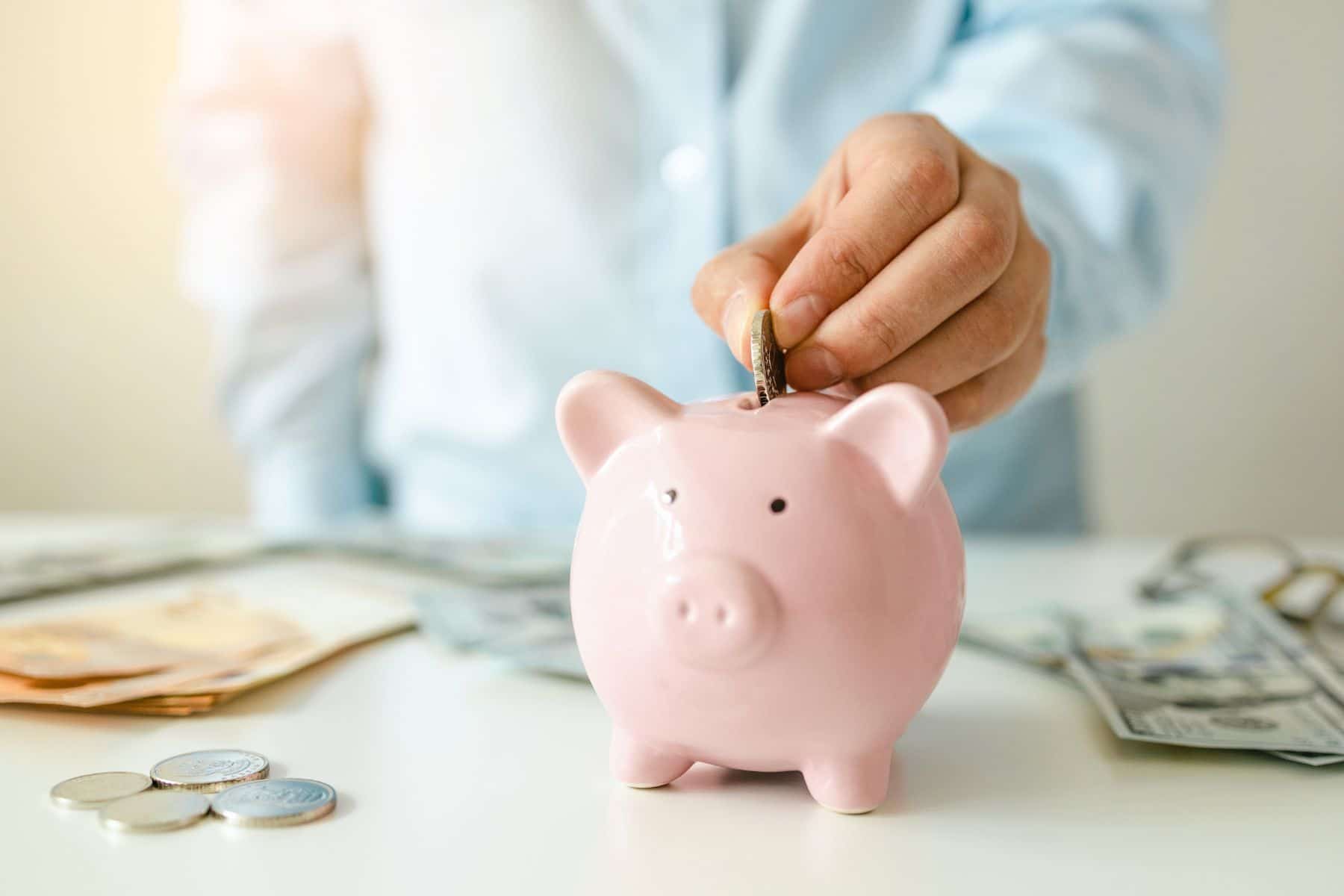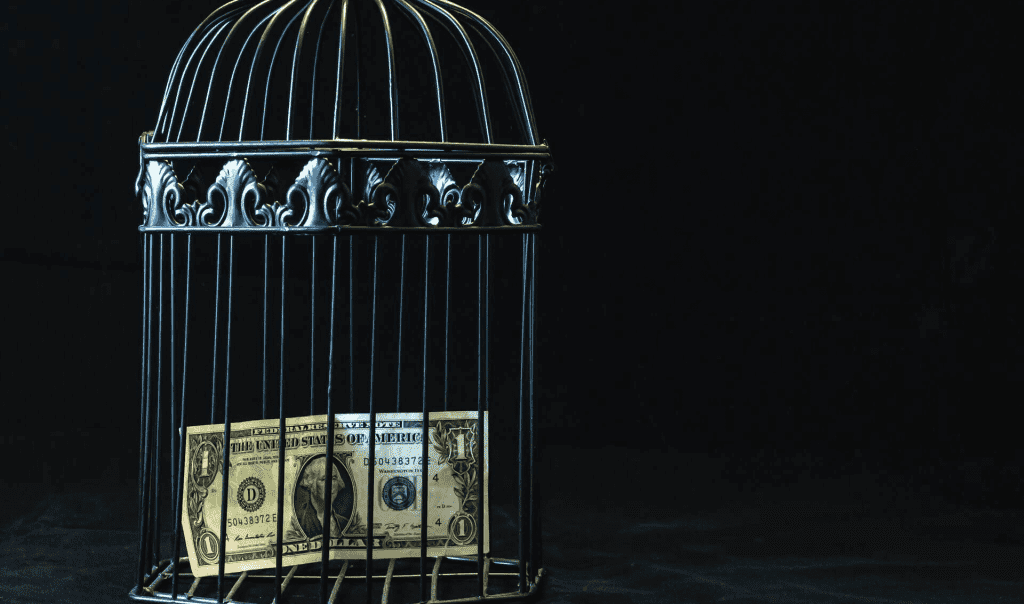The Best Tips for Building an Emergency Fund

Are you ready to get some help with your budget? That way you can begin saving money and begin living the life of your dreams.
One of the biggest money mistakes that I and millions of others have made with money is not being prepared for an emergency.
However, according to a report by Bankrate.com, 26% of Americans have no emergency fund whatsoever for when they need money fast.
According to this same report, only 40% of families have enough in savings to cover three months of expenses, with an even lower percentage having the usually recommended six months worth of savings.
After going through many emergencies in our 15-year marriage. This year is finally the year that the husband and I committed to building up a healthy emergency fund. We have over the $1,000 recommended for a starter emergency fund and are working on growing that.
Why you might need an emergency fund?
- In 2009 my husband had a seizure from an undiagnoised medical condition and ended up driving off the road and falling a great distance. Luckily he walked away with only bruises but the car was totaled. So if you have a car you may have an accident or car trouble that you need to deal with quickly. We were able to borrow a second car so we were able to make it through this emergency.
- We were a 2 income household and then in 2010 I had a stroke leaving me with a disability that brought us to one income with no warning! A health emergency can happen to anyone at any time and hurt you financially. Having good health insurance is the only reason why the stroke itself did not financially ruin us. That’s a whole different post.
- If you lose your job unexpectedly you are going to want an emergency fund. Losing your job can happen abruptly and you are going to need some money to get you through until you find a new job.
- An emergency fund is a need if you own a home. One of the lucky things that homeowners often get to deal with is an unexpected home repair. Having an emergency fund can help you if your basement floods, if a hole in your roof forms, etc.
So you see there are so many reasons why having an emergency fund is a good idea. So how much should you have? If you are familiar with Dave Ramsey’s book Total Money Makeover. He suggests first start by saving $1000 and then grow that amount to 3-6 months of expenses. We are currently putting together the $1000 for our emergency fund.
While $1000 may feel daunting at first, the truth is that there are plenty of ways to build an emergency fund quickly. The key to success is being willing to accept the idea that getting your finances in order might not be fun or easy, but it will be worth the effort. Plus, the great thing about all of these ideas is that they will not only help you build your emergency fund. It will help you have the money to begin paying off debt.
How to build your emergency fund?
1. BUDGET FOR IT
This is the first thing that you should do to start an emergency fund. Use your budget to set aside X-amount of money for your emergency fund each and every month. Even if it is as low as $20 or $30 per month, that will be $20-30 per month you were not saving before. In the future, you could gradually increase the amount you send to your emergency fund.
2. WORK FROM HOME
If going out and getting a job outside the home isn’t an option, consider finding a way to work from home instead. Do you stay home with your kids? Why not offer babysitting or after-school care for a few of their friends whose parents need childcare? Are you good with computers? How about becoming a Virtual Assistant? Dare you able to spot a diamond in the rough? You could salvage & spruce up old furniture then resell it on Craigslist. Still not sure what to do? There are so many ways to begin making extra money It’s a great place to start.
3. CUT YOUR GROCERY BILL IN HALF
We talked about saving money by meal planning earlier in this challenge. Your grocery and food budget is such a great place to start cutting costs that you can put towards your emergency fund.
4. TAX RETURN
If you get any amount of money on your tax return every year, then take that money and put it into your emergency fund. Get out of the mindset that you have to spend it. I know you really want to go on vacation but financial security comes first. In the end, you will feel a whole lot better if that $2,000 tax return is in your emergency fund if you get laid off rather than in some memory of a vacation.
5. SELL SOMETHING
You probably heard this before, but it is true: How many items do you own in your house that are not being used anymore? Clothes, shoes, kids toys, electronics? Sell them! It will only take you less than 5 minutes to put the items for sale in places like eBay, Amazon, Craigslist or even Facebook! If you prefer you could organize a garage sale to sell your stuff.
When we were moving from California we decluttered a lot of stuff and sold what we could and had a garage sale to earn some extra money.
In the case that you don’t own too many things to sell at a garage sale then try to join forces with other family members or neighbors and organize the sale. Maybe you won’t make too much money but anything that you come up with from that sale add it to your emergency fund.
It may be hard, in the beginning, to start saving for your emergency fund, but everyone has to start somewhere and it’s always best to be prepared for when you need money fast. I’m hard at work saving for ours now.
You can save money for your emergency fund by setting out a certain amount out of each paycheck, or you can work towards making extra money so that you can build up your emergency fund even quicker.






